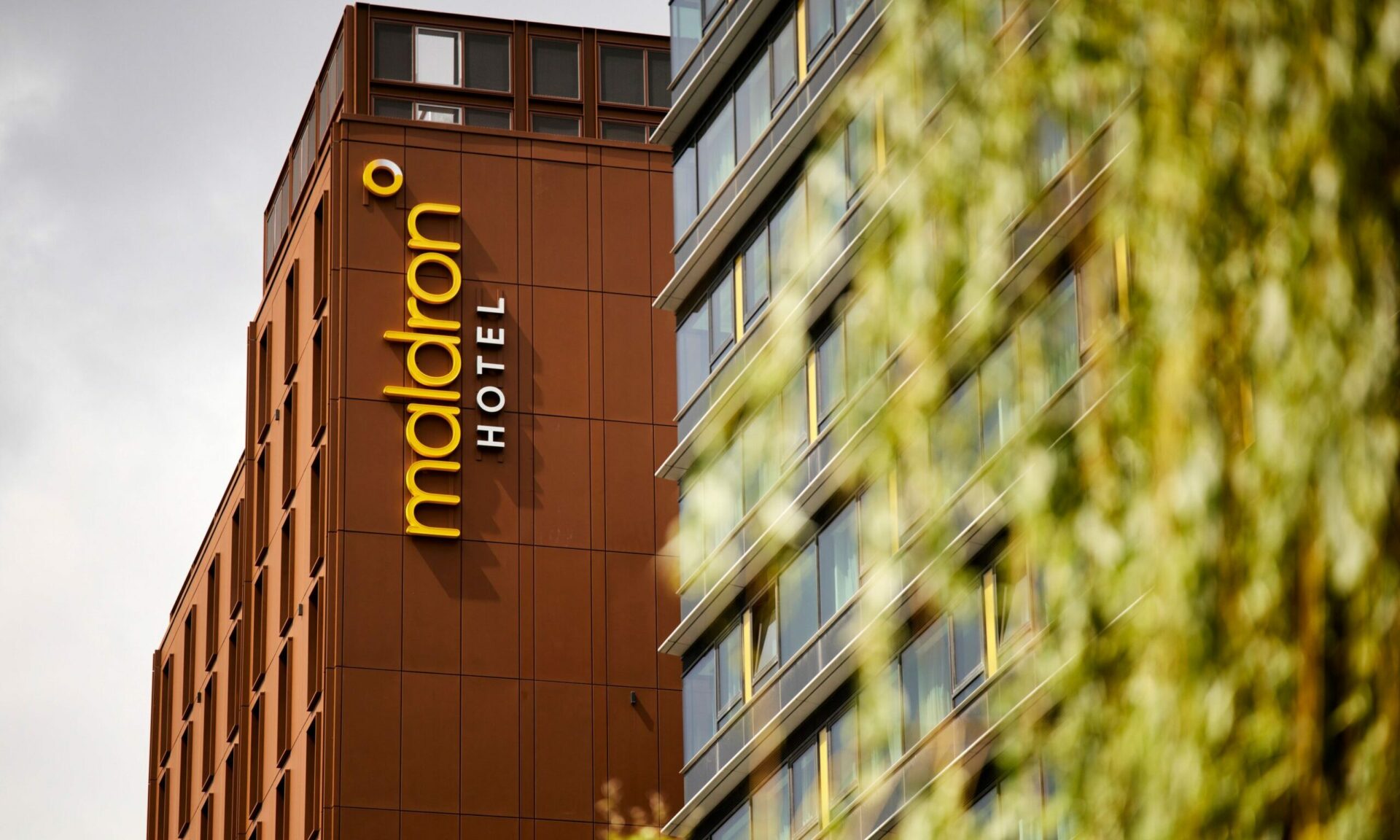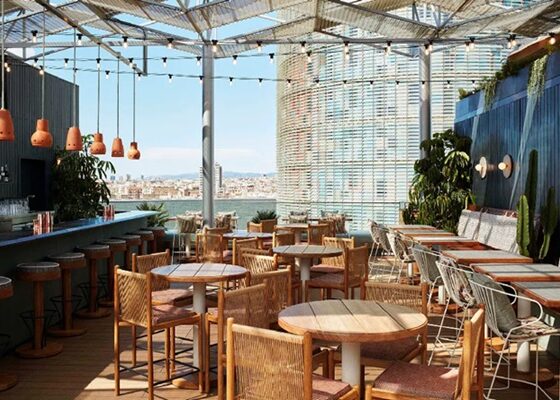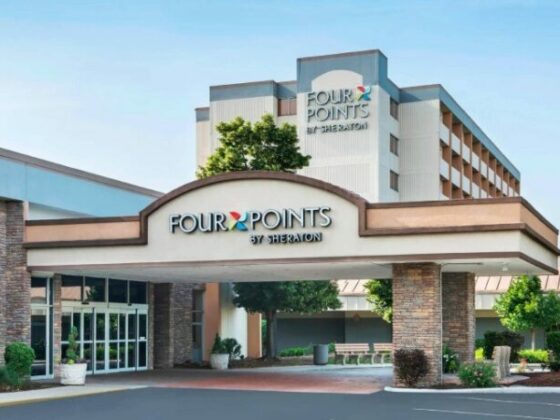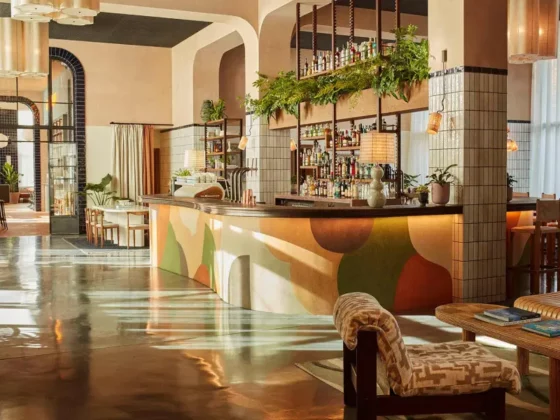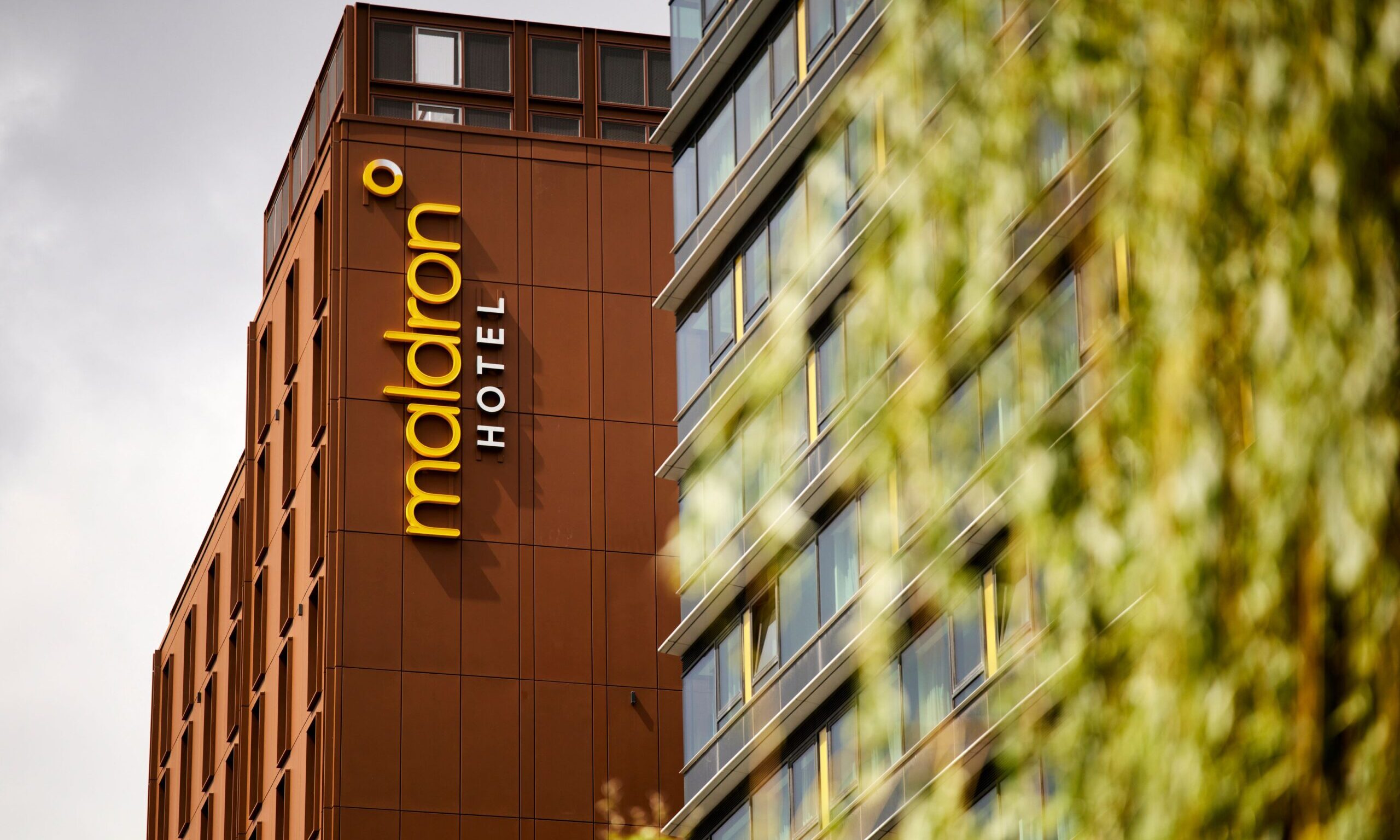
In early June, Dalata Hotel Group made headlines for rebuffing a takeover approach from Swedish property firm Pandox and Norwegian investor Eiendomsspar, declaring that the bid “materially undervalued” the group. Fast forward just over a month, and the Irish hotel operator has accepted a €1.4bn (£1.22bn) offer from the same consortium.
The deal, which was unanimously recommended by Dalata’s board, marks a turning point for one of Europe’s fastest-growing hospitality players. But what changed in the span of a few weeks? And what does this transaction signal for Dalata, its staff and customers, and the wider hotel sector?
Under the agreed terms, shareholders will receive €6.45 (£5.60) per share in cash, spelling a premium of about 35.5% on the closing price before Dalata’s strategic review was announced on 5 March – and nearly 50% on its 12-month average.
The takeover will be executed through a newly incorporated company, Pandox Ireland Tuck Limited. Dalata will become its wholly owned subsidiary if the deal clears shareholder approval, regulatory conditions and sanction by the Irish High Court. Completion is expected in Q4 2025.
Dermot Crowley, Dalata’s chief executive, described the transaction as “an exciting new chapter” for the company, saying that the group’s focus still remains “firmly on its people and customers”.
For Pandox, the deal strengthens its Northern European foothold. Chief executive Liia Nõu said that Dalata’s portfolio consists of “well-established and highly profitable four-star hotels in strong locations”.
This isn’t Pandox’s first foray into the UK and Irish markets. In recent years, the company has acquired a series of high-profile hotel properties in cities such as Manchester, Glasgow, and Edinburgh – including the Midland Hotel and Radisson Blu Glasgow – as part of a strategy to deepen its presence in mature yet growth-ready urban markets. The Dalata deal builds on this by adding a strong pipeline of both real estate and operational talent across multiple territories.
The rapid turnaround is striking. On 4 June, Dalata publicly rejected an initial approach from the same Pandox-led consortium. That earlier offer, at €6.05 (£5.09) per share, represented only a 5% premium on the then-current market price.
At the time, Dalata and its advisers said the offer “materially undervalues the group and its prospects” in the context of its ongoing formal sales process, launched after a strategic review began in March. Pandox opted not to participate in that process, citing concerns about its terms.
So why did Dalata go from “thanks, but no thanks” to a unanimous board recommendation?
The consortium intends to split the real estate and hotel operating arms post-acquisition, a model increasingly common in the sector.
According to Louise Truman, founder of Plotpackers, Dalata’s decision to accept the revised offer reflects both market conditions and the improved valuation. “Since the initial bid was rejected in June, changes in the hotel market and investor appetite may have increased the consortium’s confidence to raise their offer substantially,” she explains. “The 35.5% premium over the March share price signals a strong endorsement of Dalata’s value and future potential within the European hotel landscape.”
She adds that this is quite significant in the hotel sector: “While deal premiums vary, anything above 30% is generally seen as very attractive. It shows the buyers recognise Dalata’s strategic assets and the growth opportunities it offers. Such a premium also provides shareholders with a clear incentive to agree to the sale.”
Dalata brings a prized portfolio of 56 hotels across Ireland, the UK, Germany and the Netherlands, all of which are markets with diverse demand patterns that balance risk. At the end of June, its assets were independently valued at €1.6bn (£1.39bn).
Pandox and Eiendomsspar see Dalata as a strong fit for their long-term strategy. The consortium intends to split the real estate and hotel operating arms post-acquisition, a model increasingly common in the sector.
Lucinda Faucheux, co-founder of Travel Support Circle, explains why this approach is gaining traction: “Separating real estate and operating businesses is becoming more common in the hotel industry. This approach allows property owners to focus on managing assets and investors, while operators concentrate on running hotels and improving guest experiences. It can create clearer financial reporting and make it easier to attract investment for both parties.”
She also noted the synergy this deal creates across a geographically diverse footprint. According to Faucheux, Dalata’s locations in Ireland, the UK, Germany, and the Netherlands add “valuable diversity” to Pandox’s portfolio. “These markets each have different growth opportunities and demand patterns,” she says, “which helps balance risk and stabilise income. Dalata’s established urban hotels fit well alongside Pandox’s existing real estate holdings.”
The deal promises Dalata access to greater resources and operational expertise, according to Truman, and Pandox has a proven track record in hotel property management combined with Eiendomsspar’s investment strengths.
Meanwhile, the future role of Scandic Hotels adds an extra dimension. “The possibility of Scandic acquiring the operating business shows an intention to partner with a strong operator experienced in northern Europe. Scandic’s knowledge of the region could help improve Dalata’s brand presence and operational efficiency across multiple markets,” Faucheux adds.
The deal promises Dalata access to greater resources and operational expertise, according to Truman, and Pandox has a proven track record in hotel property management combined with Eiendomsspar’s investment strengths. She agrees that the plan to separate the business “could allow more focused strategies on both fronts”.
Truman also notes that, while other bidders might have been interested, the winning consortium offered both the best price and strategic alignment. “While other bidders might have been interested, this consortium’s ability to offer a competitive price along with strategic fit makes it unlikely Dalata would have secured a better deal elsewhere,” she adds. “The combination of premium valuation and alignment with experienced partners creates a strong foundation for Dalata’s next phase.”
No major merger is without challenges. For Dalata, the biggest risks involve integration and maintaining brand integrity during transition.
Lorena Basualdo, travel agent and co-founder of Italian Tourism, warns that this takeover will likely bring changes for Dalata’s employees and management, even if the impact will depend on how the owners approach integration. “There may be some restructuring to align with the broader group’s goals, which could lead to role adjustments or new reporting lines,” she says. “Communication and support during the transition will be key to maintaining staff morale and retaining talent.”
From a guest perspective, Basualdo predicts that customers of Clayton and Maldron hotels might notice subtle shifts in brand presentation or service as the group standardises processes across its expanded platform. That said, she still believes that “maintaining the distinct identities and local appeal of these brands will be important to avoid alienating loyal guests. Any changes are likely to focus on enhancing guest experience rather than radical rebranding.”
By separating property ownership from operations, Pandox and Eiendomsspar can maximise returns while enabling strategic partnerships.
Basualdo also sees this deal in the context of broader industry trends. “This deal fits within a wider trend of consolidation across the European hotel market, where larger platforms aim to leverage scale for better negotiating power, efficiency, and market reach. Smaller groups often face pressure to join bigger networks to compete effectively,” she explains. “Being part of a larger platform could help Dalata accelerate international growth through access to broader resources and expertise. At the same time, integration challenges are common, especially when merging different corporate cultures and systems. How smoothly this transition happens will influence future success.”
While the deal’s value is slightly below Dalata’s reported asset valuation, Basualdo believes the price tag reflects confidence in future synergies. According to her, the €1.4bn (£1.22bn) for a portfolio valued at around €1.6bn (£1.39bn) shows that premium buyers are willing to pay for Dalata’s “established market position and growth potential”, adding that it appears “reasonable given the strategic benefits and expected synergies”.
Basualdo also says the commitment to keep Dalata’s Dublin headquarters “seems likely to hold for the near future”, as headquarters often remain in place to maintain continuity, local relationships, and operational stability, “although longer-term decisions may depend on how the combined group evolves”.
The Dalata deal underlines two powerful themes shaping hospitality: asset-light models and industry consolidation. By separating property ownership from operations, Pandox and Eiendomsspar can maximise returns while enabling strategic partnerships. For Dalata, joining a larger platform could unlock new efficiencies and accelerate its international ambitions—but only if integration is handled with care.
As Louise Truman concludes, the offer’s premium “signals a strong endorsement” of Dalata’s strategic value. Whether that endorsement translates into long-term success will depend on how well this ambitious merger navigates the challenges ahead.
